Efforts to censor books have intensified over the past year across the country, leading many different groups to speak out. So far, Bethel has not been part of the national conversation about book censorship, but that may change, especially as 2024 is an election year.
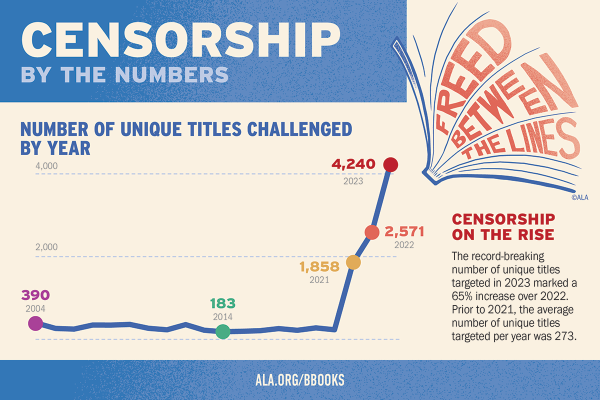
Even though book banning is trending now, it is an age old practice that dates way back. As early as the 1630s, American colonists discussed banning books. It was also very common in the 1950s, in the midst of racial segregation and political turmoil. The books being pulled were often chosen because they were deemed unpatriotic and profane.
As Americans have become more and more polarized, access to books has once again become a battleground. Across the country, school libraries are banning books at a fast pace, causing uproar among teachers, students, and others concerned about freedom and censorship.
“Parents have the right to set reading parameters and restrictions for their own children,” the Virginia Association of Libraries said in a formal statement. “However, no one person or group has the right to make choices for other children and every child should have access to books they may want to read.“

The Association echoes the arguments of many, who believe parents should have a say in what their children read but don’t believe in outright censorship. Others feel that censorship should be on the table.
“There’s an age-appropriateness to all things, and that includes sex education — you’re inherently going to be destroying a child’s innocence and their purity until they’re old enough to be able to understand,” one parent, who requested to remain anonymous, shared.
Parents who advocate banning books believe children cannot comprehend what’s bad or good for them to read, saying that these books can potentially be challenging their innocence.
Has the nation-wide push for increased censorship affected Bethel? Not much, our school library staff revealed. In 2023, one title was challenged, but no books have been removed from Bethel shelves yet.
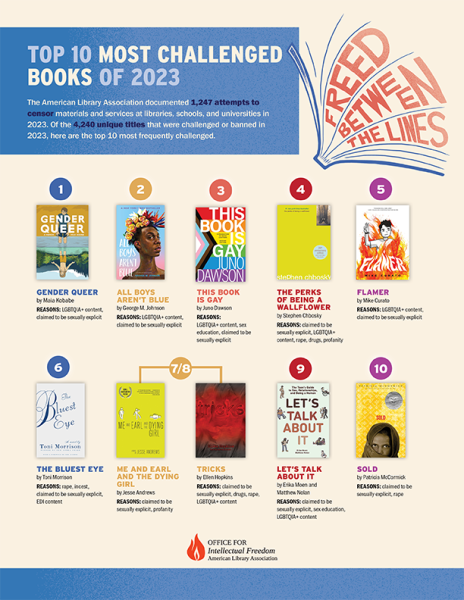
“We had to contest a book last year,” Ms. Lindsey, the school librarian revealed. “[It was] called Two Boys Kissing.”
The books at Bethel all come from one specific website, which has already been curated to insure the titles available are educational and high school appropriate.
“If I can get it [a book] from there [the approved site], then I’m golden, and I can move forward,” Ms. Lindsey stated.
When the title Two Boys Kissing was challenged, the library staff requested a meeting with district personnel and admin. During the meeting, they determined that the book was appropriate. The library has books featuring heterosexual people kissing on the covers, so, as Ms. Lindsey explained, “you have to have the opposing as well to make it [the library selections] balanced and fair.”
“I don’t necessarily agree with it [book bans]…” Ms. Lindsey stated. “I think the students, especially the high schoolers, should be able to look at the information and determine whether or not they want to read a certain book…”
Ms. Lindsey believes parents should have control over what kids read at certain ages, but as they grow they should be able to make those decisions themselves.
“Kids are going to get the information somehow,” Lindsey pointed out. “I would rather them get the information from a reliable source, such as the library, rather than some random Google site or TikTok.”
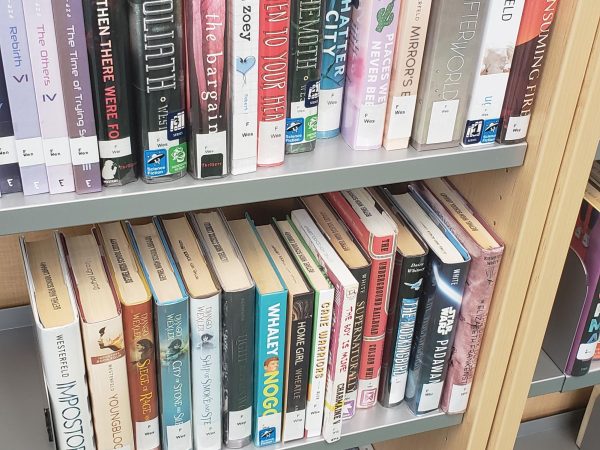
Since the advent of the internet, students have increasingly encountered misleading and harmful sources online. School libraries serve as an important safeguard against misinformation. In these spaces, sources are regulated and sorted for age appropriateness.
“I think it [conversation about books] should be welcome,” Mr. Boyd, our library technician, said. “However, I don’t think it should be parents who should regulate …[books]. I think it should be school administrators.”
Over the past year, most calls for censorship have come from an angry, outspoken minority. According to the American Library Association, parents account for 24% of requests while 21% come from special interest groups with specific political agendas.
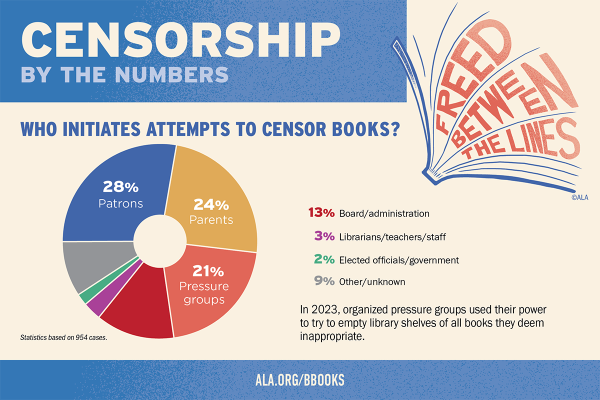
“If my child wants to read something, but you don’t want your child to read something approved by the school, that shouldn’t take away my kid’s right to read what they want to read,” Mr. Boyd concluded.
At the high school level, renewed calls for censorship center around certain titles, especially those addressing race and/or sexuality. The top 3 most challenged books of 2023 all feature LGBTQ+ characters and foreground LGBTQ+ issues. People and interest groups calling for book bans want to erase all traces of such titles from school book shelves.
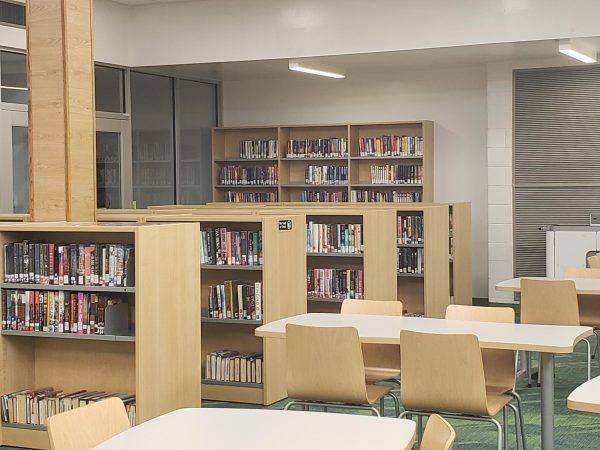
If they succeed, they would prevent high school students from being able to read books even if their parents give them permission. Out of curiosity, those students might then turn to social media or the internet, where they are more likely to encounter dangerous, misleading, or “fake” sources.
To prevent indiscriminate book banning, Ms. Lindsey and Mr. Boyd both encourage parents and students to follow procedures already in place at Hampton City Schools. If a parent does not want their child to access certain material, they can reach out to request a note be placed on their child’s library account.
“For the most part, [the policy is] to abide by parent wishes,” Ms. Lindsey confirmed. She added that notes would be placed on accounts within reason, “especially if the parent is very adamant about it.”
If challenges to certain books increase, the situation may change, but for now, Bethel’s procedures seem to be working. Most of the students we polled were not aware of the rise in book bans, but those who were seemed appreciative of the district protecting student rights.
“We are a high school,” Krystal Jones, student newspaper editor, stated. “Why should one student or parent restrict our access to books we want or need to read?”



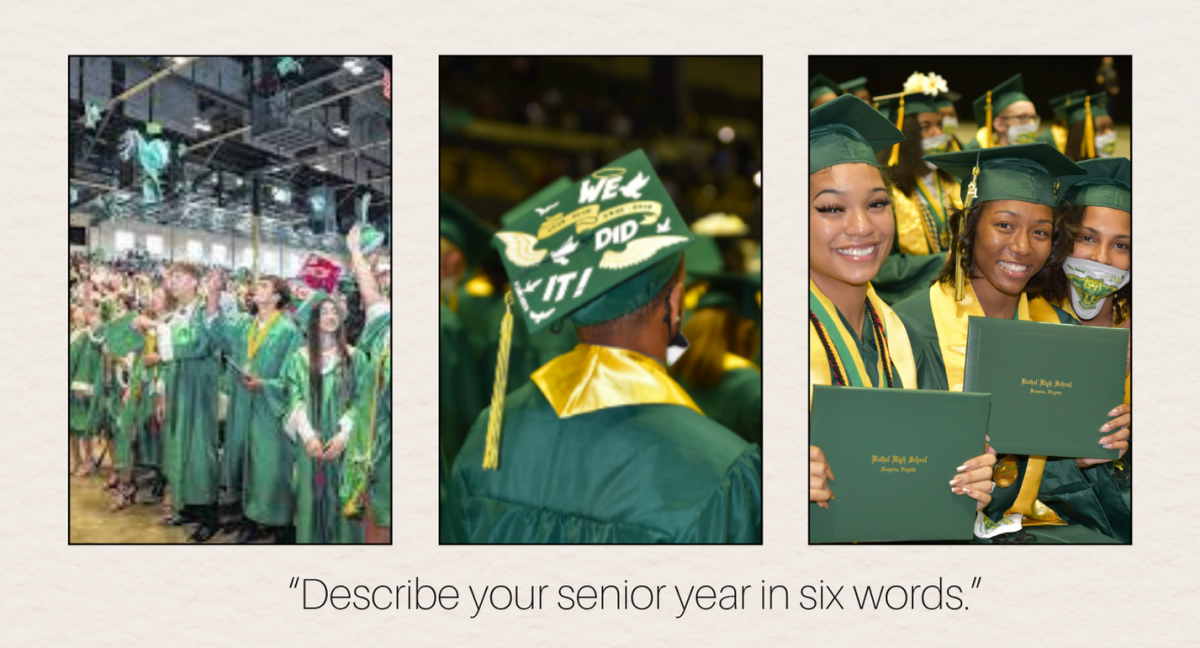
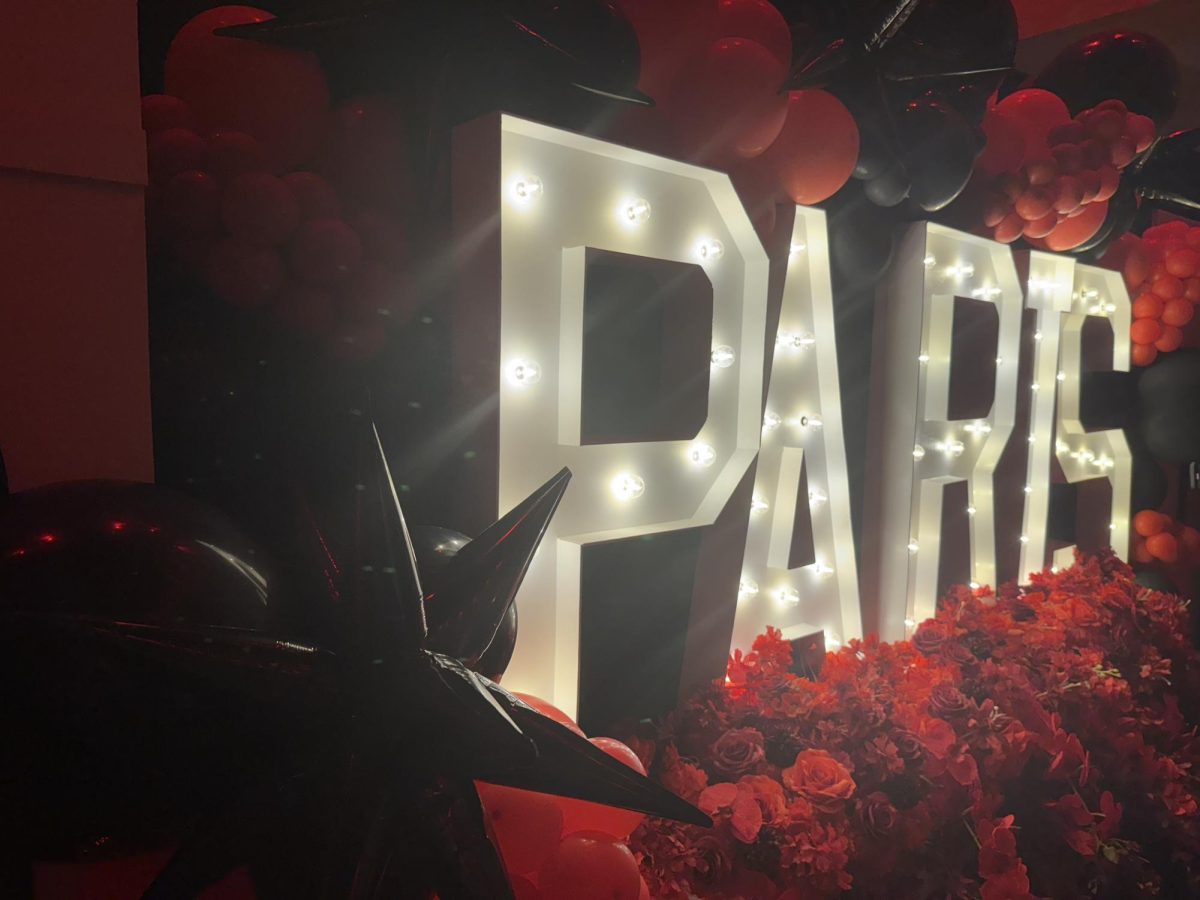
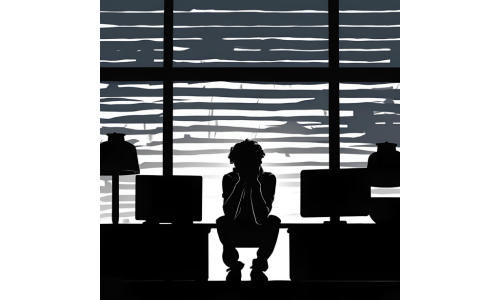




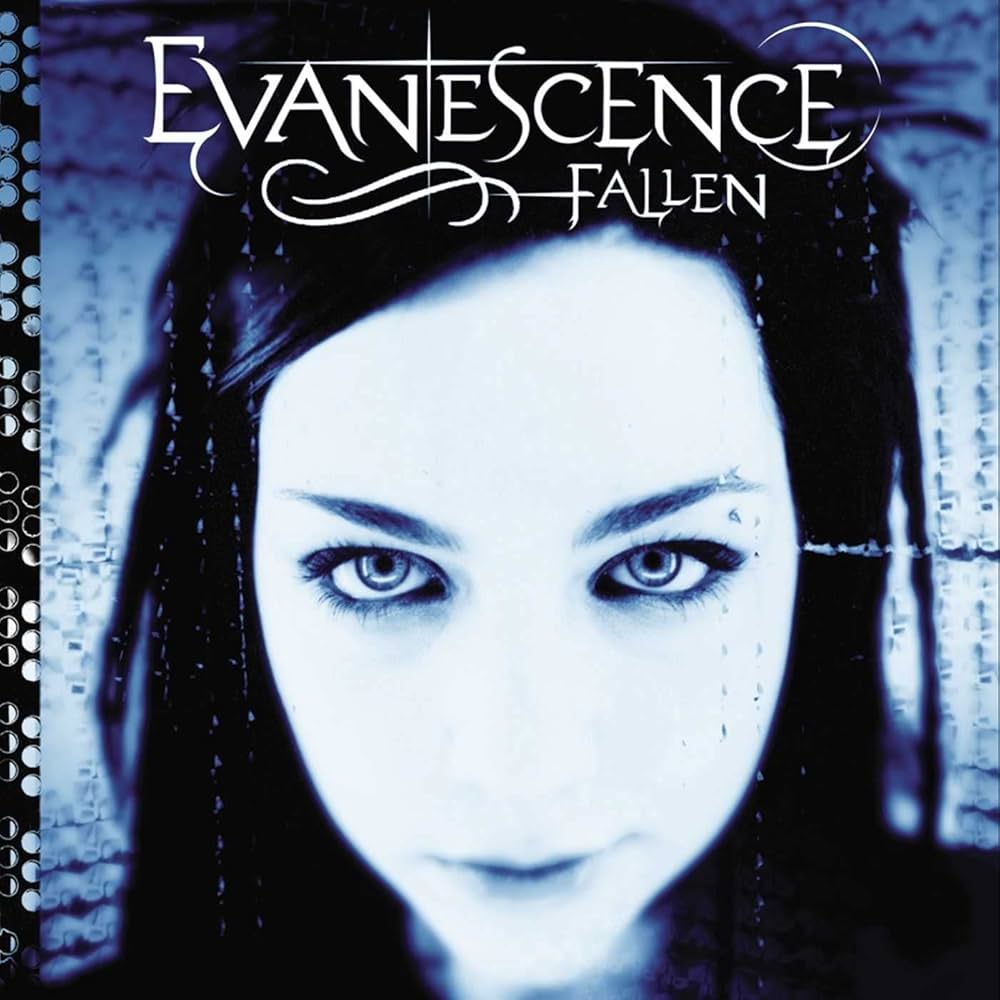

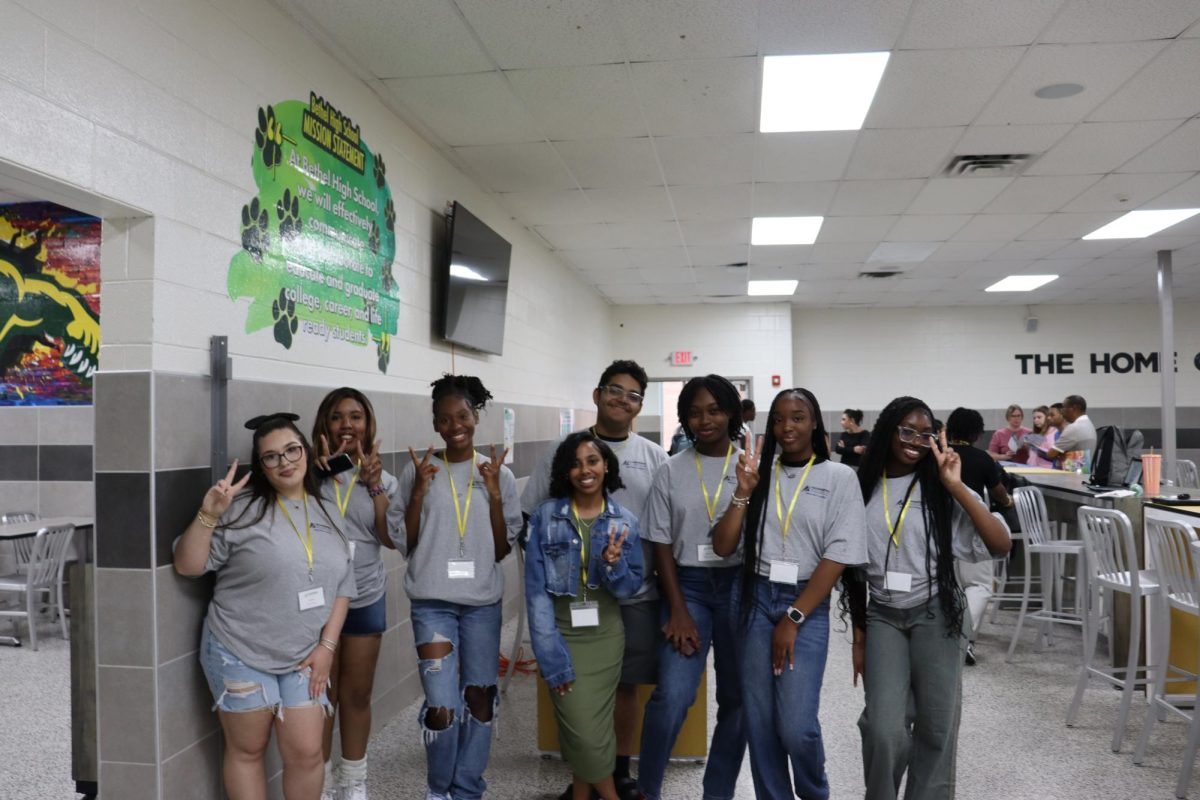
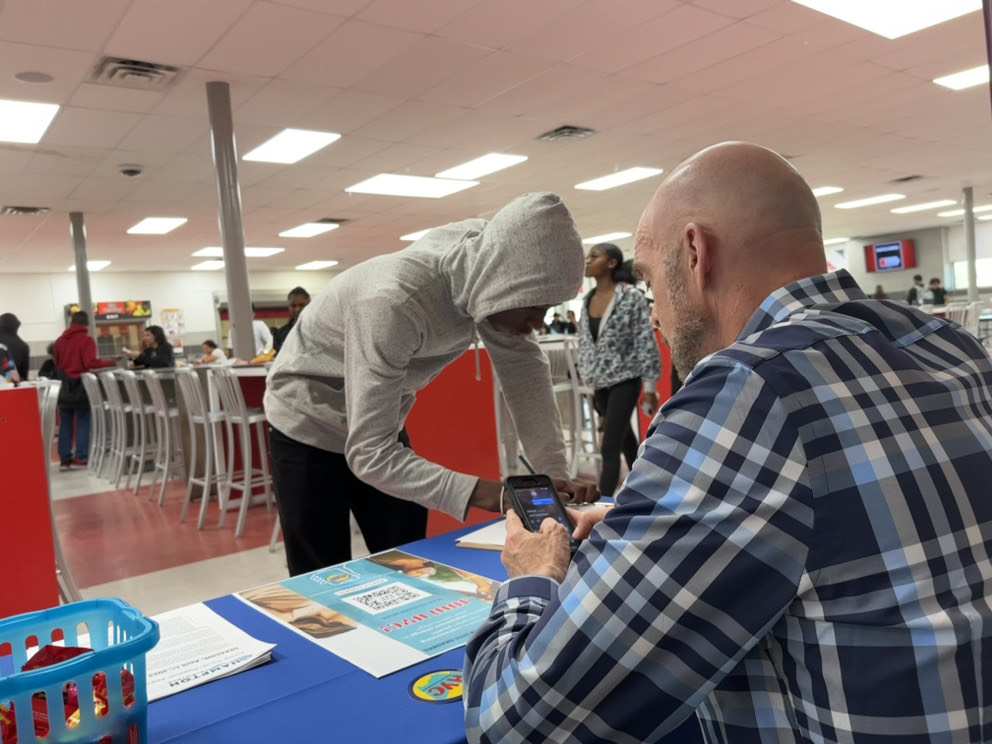
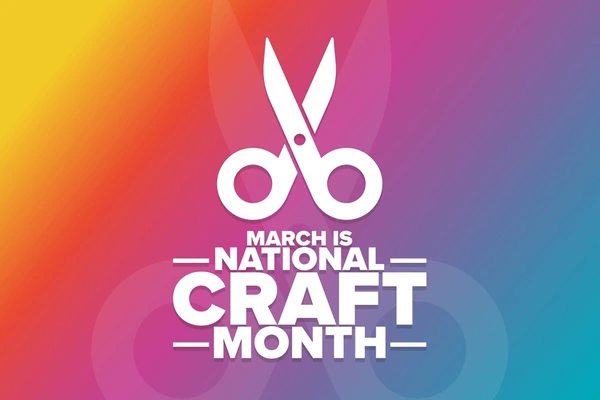
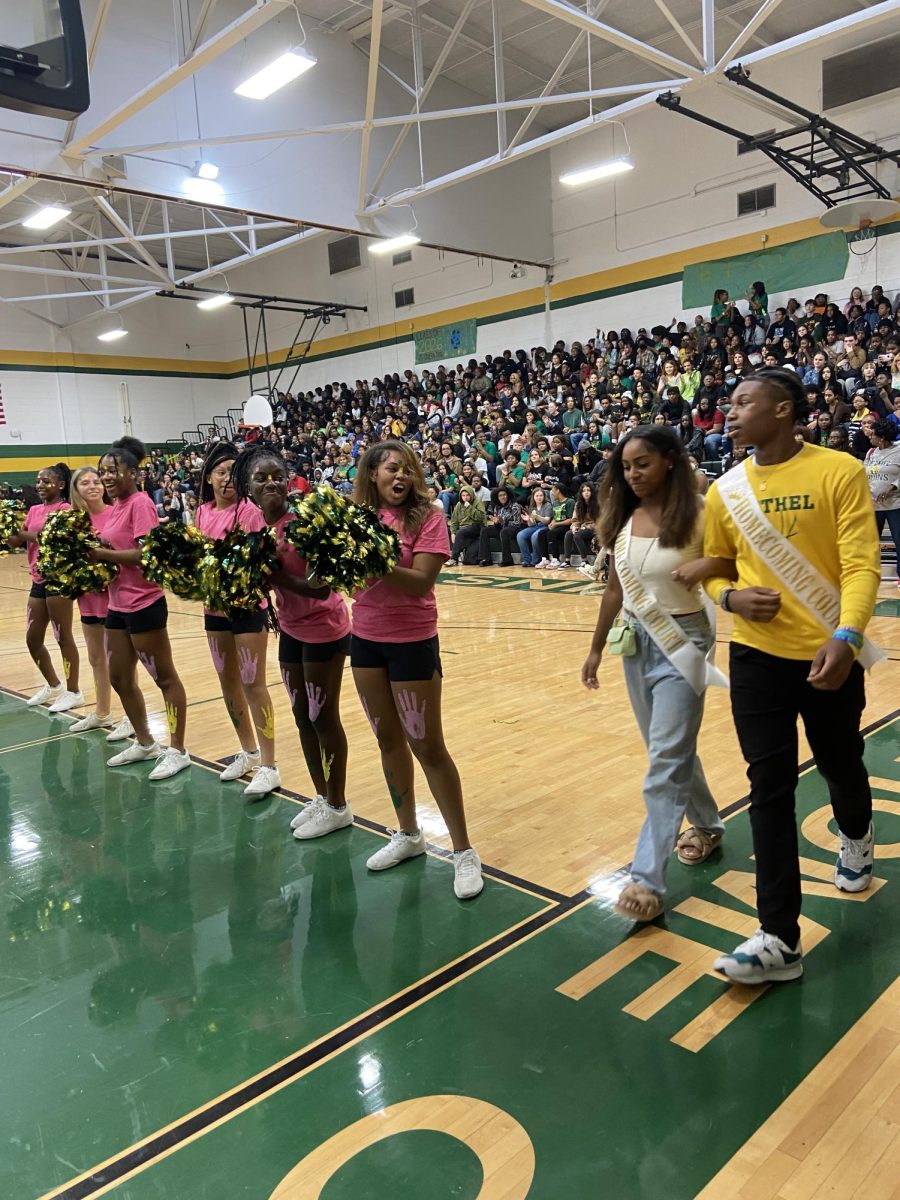

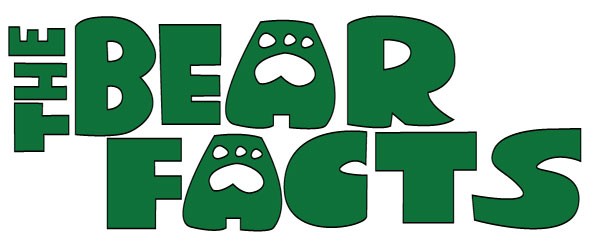
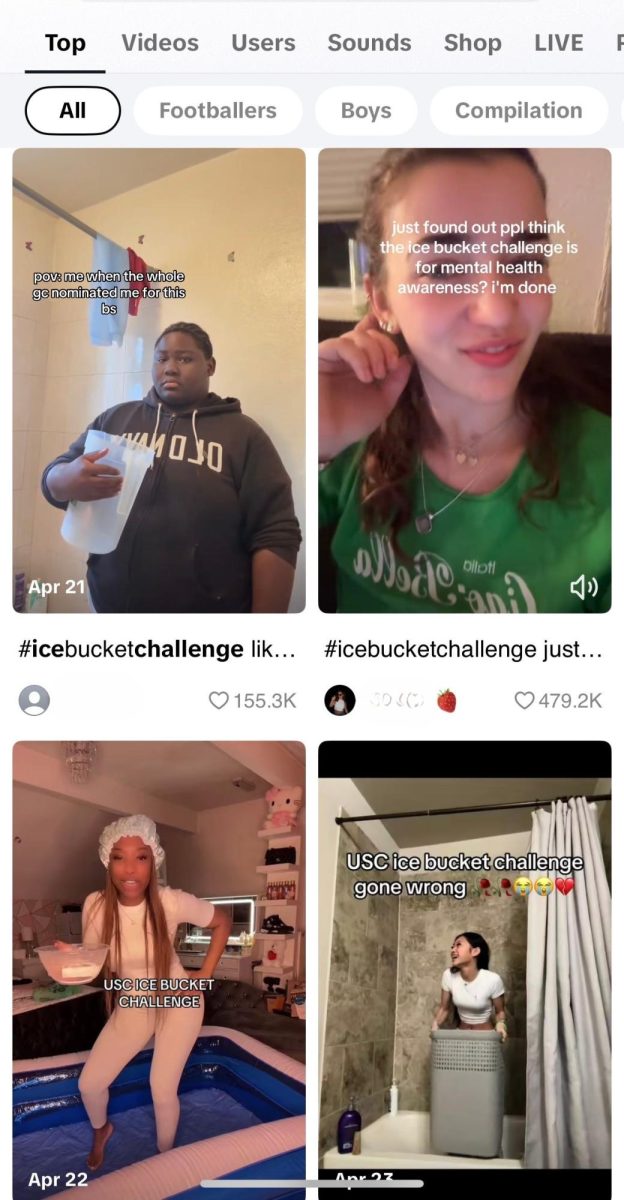



Candace Taylor • May 22, 2024 at 7:19 pm
What books are you referring to that have been banned?? It’s funny that books like of mice of men and To Kill a Mockingbird we’re banned by democrats, but all the talk is about conservatives wanted to keep sexualized content out of 8-year-old’s libraries